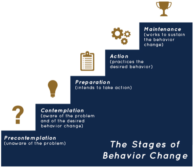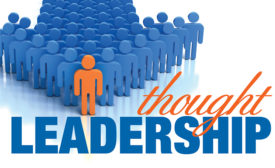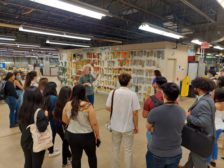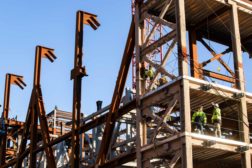Workplace Safety Culture
Best Practices
Leaders with empathy are valuable
How and why to increase your ‘Empathy Quotient’ score
August 15, 2022
Dave Johnson: What's going on
Keep your distance from political correctness & culture wars
July 20, 2022
Become a Leader in Safety Culture
Build your knowledge with ISHN, covering key safety, health and industrial hygiene news, products, and trends.
JOIN TODAYCopyright ©2025. All Rights Reserved BNP Media.
Design, CMS, Hosting & Web Development :: ePublishing











